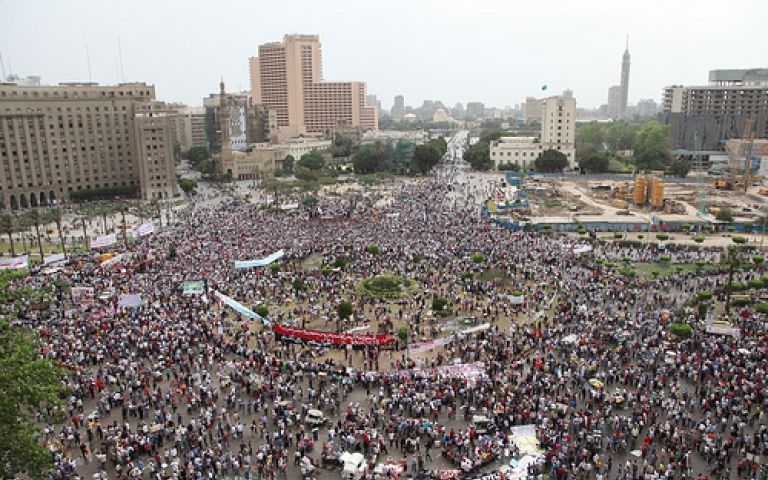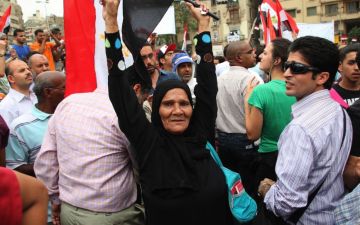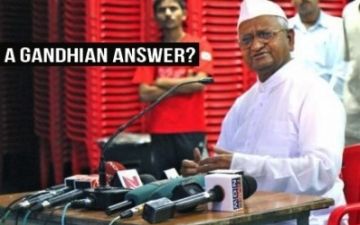The 18-day popular uprising in Egypt succeeded in ending 30 years of authoritarian rule under Hosni Mubarak, but the battle to replace the underlying power structure with a free society is far from over.
The Supreme Council of the Armed Forces has been cracking down on dissent since taking the reins of power on Feb. 11, arresting hundreds of protesters, torturing detainees and using military trials to convict and jail more than 5,600 civilians.
There is growing dissatisfaction with the Supreme Council and the cabinet of ministers for their exclusion of civil society and political groups from participation in political reform.
The Supreme Council has also repeatedly warned against a wave of strikes that have continued since organized labor joined the uprising and dealt the decisive blow that toppled Mubarak’s regime. It was labor that laid the groundwork for the Jan. 25 revolt through years of strikes, sit-ins and protests.
Meanwhile, a wave of sectarian violence has gripped the country in the wake of the revolution that is symptomatic of a general lawlessness in the absence of any effective policing by the armed forces to replace the delegitimized state security apparatus.
The much-feared State Security Investigations branch has officially been dissolved--a key revolutionary demand--but scores of its leading members have since been repositioned into other sections of the Interior Ministry and the newly-founded National Security force in a reshuffling of Egypt's security state.
After reporting from Cairo during the 18-day uprising, Sharif Abdel Kouddous returns to Egypt with Nicole Salazar to cover the ongoing struggle for democracy, social justice and economic reform.







